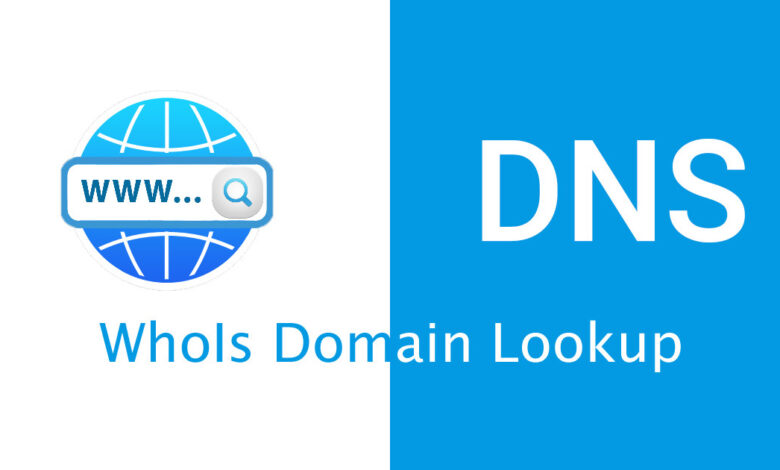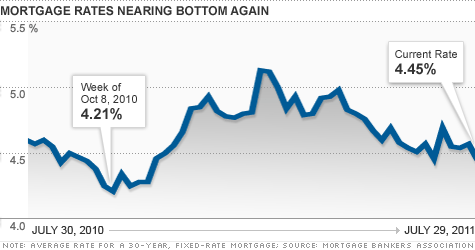Exploring Domain Lookup: A Comprehensive Guide

In the world of website management and domain ownership, understanding the details and history of a domain name is crucial for various purposes, from verifying ownership to assessing its reputation and potential SEO impact. Domain Lookup tools, also known as WHO IS Lookup tools, provide a means to access this information. This comprehensive guide delves into what Domain Lookup is, how it works, its uses, considerations, and the implications of domain information in digital strategies.
What is Domain Lookup?
Domain Lookup, often referred to as WHOIS Lookup, is a service that allows individuals to query domain registration databases to retrieve information about a domain name. This information typically includes details such as:
- Registrar: The company through which the domain name was registered.
- Registration Date: The date when the domain was initially registered.
- Expiry Date: The date when the domain registration is set to expire.
- Name Servers: The servers that manage DNS records for the domain.
- Registrant Information: Contact details of the domain owner (though this information may be redacted for privacy reasons).
How Does Domain Lookup Work?
Domain Lookup tools access WHOIS databases maintained by domain registrars or independent organizations authorized to manage domain registration data. The process involves:
- Query Submission: Users input the domain name they want to look up into the Domain Lookup tool.
- Database Query: The tool sends a query to the WHOIS database that manages the domain registration records.
- Information Retrieval: The database returns relevant information about the domain, which is displayed to the user.
Uses of Domain Lookup
Domain Lookup serves various practical purposes for website owners, digital marketers, and domain investors:
- Domain Verification: Ensure that a domain name is registered and owned by a legitimate entity before engaging in business transactions or partnerships.
- Ownership Transfer: Facilitate the transfer of domain ownership by confirming registrant details and expiration dates.
- Legal Compliance: Meet legal requirements by accessing registrant contact information for dispute resolution or legal notices.
- Competitive Analysis: Gather insights into competitors’ domain registration details, including registration history and expiration dates.
Considerations When Using Domain Lookup
While Domain Lookup provides valuable information, several considerations should be kept in mind:
- Privacy Concerns: Some domain owners opt for privacy protection services that mask their contact information in WHOIS records.
- Accuracy: Information in WHOIS records may not always be up to date, especially if changes have recently been made to domain registration details.
- Regulatory Compliance: Different countries and regions have varying regulations regarding the accessibility and use of WHOIS data.
- Domain Privacy Services: Many domain registrars offer privacy protection services that replace the registrant’s contact details with those of the privacy service provider to shield personal information from public view.
Best Practices for Using Domain Lookup
To maximize the benefits of Domain Lookup, consider these best practices:
- Verification: Use Domain Lookup to verify domain ownership and registration details before conducting transactions or partnerships.
- Monitoring: Regularly monitor the expiration dates of your domains and those of competitors to avoid unintentional lapses in registration.
- Privacy Protection: Consider opting for domain privacy services to protect your personal contact information from public access.
- Legal Compliance: Familiarize yourself with local regulations regarding the use and disclosure of WHOIS data to ensure compliance.
Conclusion
In conclusion, Domain Lookup is a valuable tool for accessing critical information about domain names, facilitating domain management, ownership verification, and competitive analysis.
By understanding how to use Domain Lookup effectively and navigating considerations such as privacy and regulatory compliance, individuals and businesses can leverage domain information to make informed decisions and optimize their online presence.



